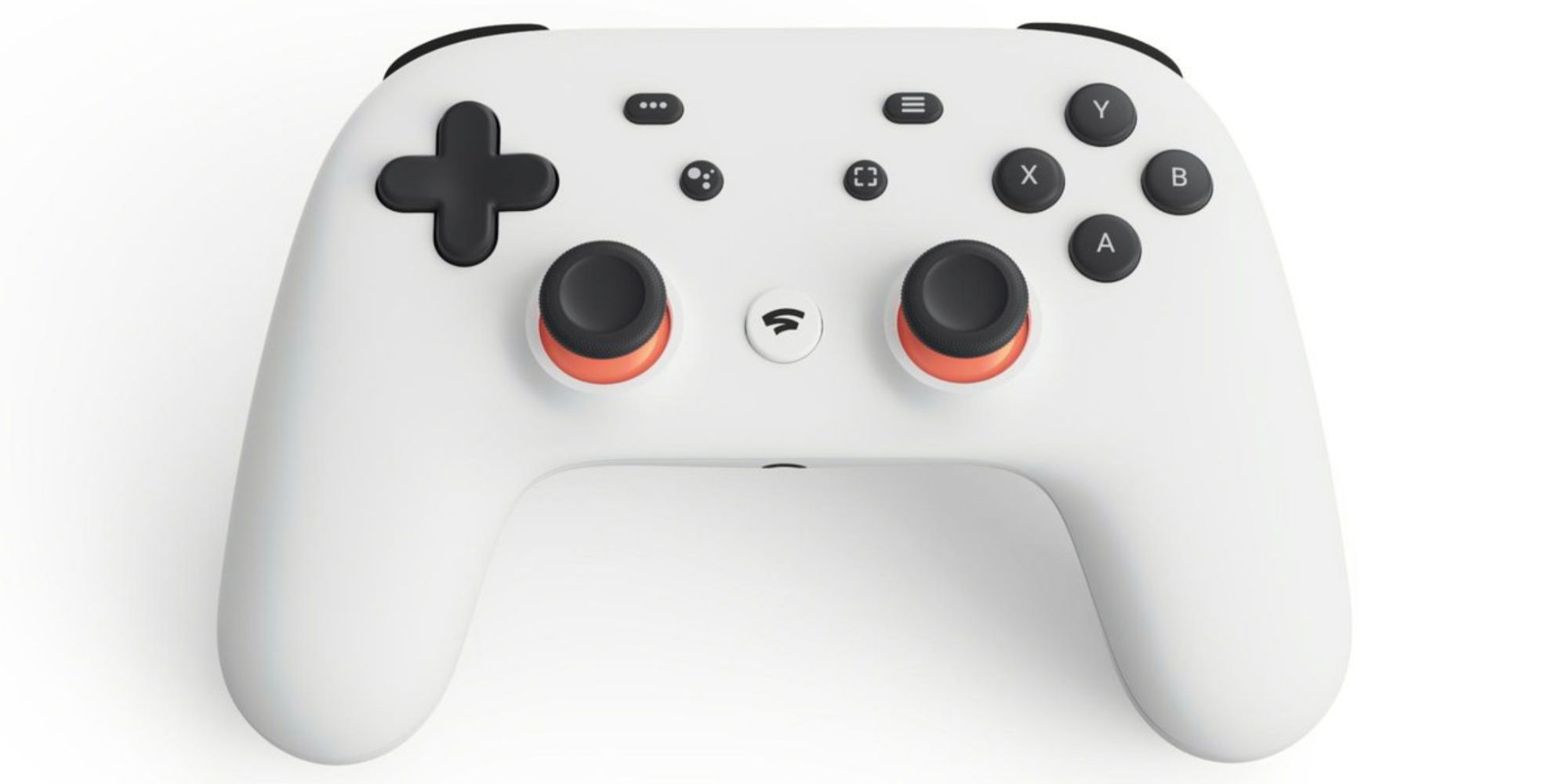
Google's announcement of Stadia was supposed to be a game-changer, but that's not quite what happened. The idea was that players could stream games on their TVs, smartphones or tablets regardless of where they were -- all they needed was the Stadia controller and a WiFi connection. However, that's not quite what happened.
Is Stadia really something that will change the way we game?
Again, Stadia, as a concept, is fairly simple. All players need is a computer and either Google Chromecast or Google Chrome, depending on what device players wanted to use, and the controller connects to the Chromecast/Chrome via WiFi and gives players access to their digital library. The set-up currently requires that, if players want to use a tablet or smartphone, the controller be connected to the device by USB-C cable. From there, players will use the Stadia App to start playing games, with the option to use the app to switch between devices as they see fit.
This also means players are no longer required to download games. Instead, the games on Stadia are played via the cloud, which, in some ways, is a blessing. There's no longer a download time for games and players no longer have to waste space on their consoles. In theory, this was supposed to create the Netflix of games. Unfortunately, Stadia falls a little short of this achievement with some hang-ups that can't be ignored.
Stadia's launch was rife with hiccups. Since June, Google has been revving people up with pre-order bundles, namely, the Founder's Edition. The Founder's Edition gave players the Stadia controller, Chromecast Ultra, power cords for both of these products and a three-month subscription to Stadia Pro, Google's gaming hub. However, on launch day, it seems customers were not receiving the codes necessary to log into the Stadia app. This lead to longer waits for players who pre-ordered the system, even though they were promised the ability to play right away.
It doesn't help that Stadia is most effective with certain internet speeds. Google recommends an internet speed of at least 35Mbps if players want to use 4K. However, Stadia only requires 10Mpbs if players are using 720p video with stereo sound. This leaves players who are stuck in areas that innately have slower internet speeds to be essentially locked out of the service. Even with these specs, some players are still noticing a decrease in graphics quality and instances of lagging. Google, meanwhile, is seemingly targeting serious, hardcore gamers -- gamers who know even the slightest lag can drastically affect the outcome of an online matchup.
One of the other things that seems a bit out of place is Stadia's pricing model. While the Founder's Edition was offered ahead of the controller's release, Google is now offering a Premium Edition, which includes everything the Founder's Edition has with the exception of the three-month subscription to Stadia Pro. The total for the Premium Edition right now is $129, which is the same as the Founder's Edition. Compared to consoles such as Microsoft's Project Scarlett or Sony's Playstation 5, this isn't a terrible out-of-pocket expense for players. However, the Stadia gaming library has to also be taken into account.
The Stadia game store is also seriously lacking. As mentioned earlier, Google's target audience seems to be hardcore gamers, however, the issue is the Stadia game store has about 25 games, most of which the majority of gamers have already played on other platforms. Compared to Microsoft or Sony's hundreds, maybe even thousands of games, the Stadia store is having some trouble picking up. In fact, the only Stadia exclusive games available are Coatsink: Get Packed and Gylt. It should also be mentioned that games are sold separately from the Stadia equipment.
Additionally, being a new console, there's little to no Stadia community just yet. So, even though games like Destiny 2 sound like fun, players may have a longer than usual wait time when looking for cohorts to enter a Strike. These combinations create an odd pricing model, and between the lack of games, gaming community and subscriptions, it's not entirely clear why players would pay so much for essentially just a controller and Chromecast.
To be clear, none of this is to say Stadia should pack up its bags and go home. Streaming services are becoming the new norm, and with people now capable of streaming their favorite shows on any device, it's only natural that gaming would quickly follow suit. It also seems like Google is running Stadia more like a trial at the moment, rather than a hard drop. That said, while waiting to pick up the new controller may be players' best bet in the long run, Stadia does create an exciting opportunity for the future of gaming.